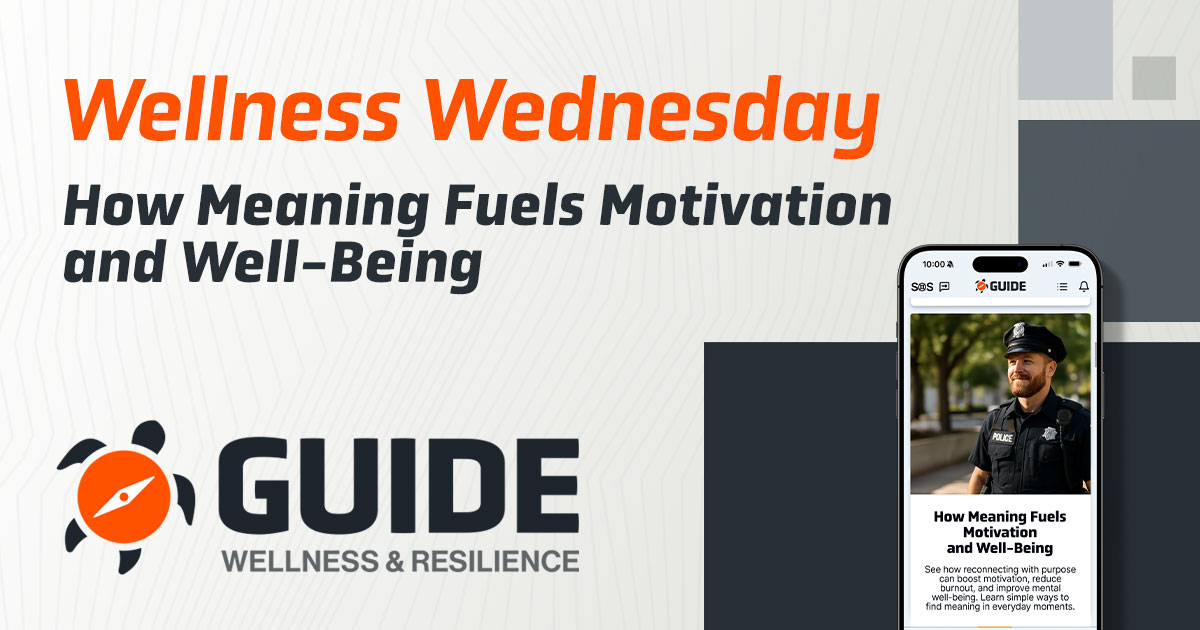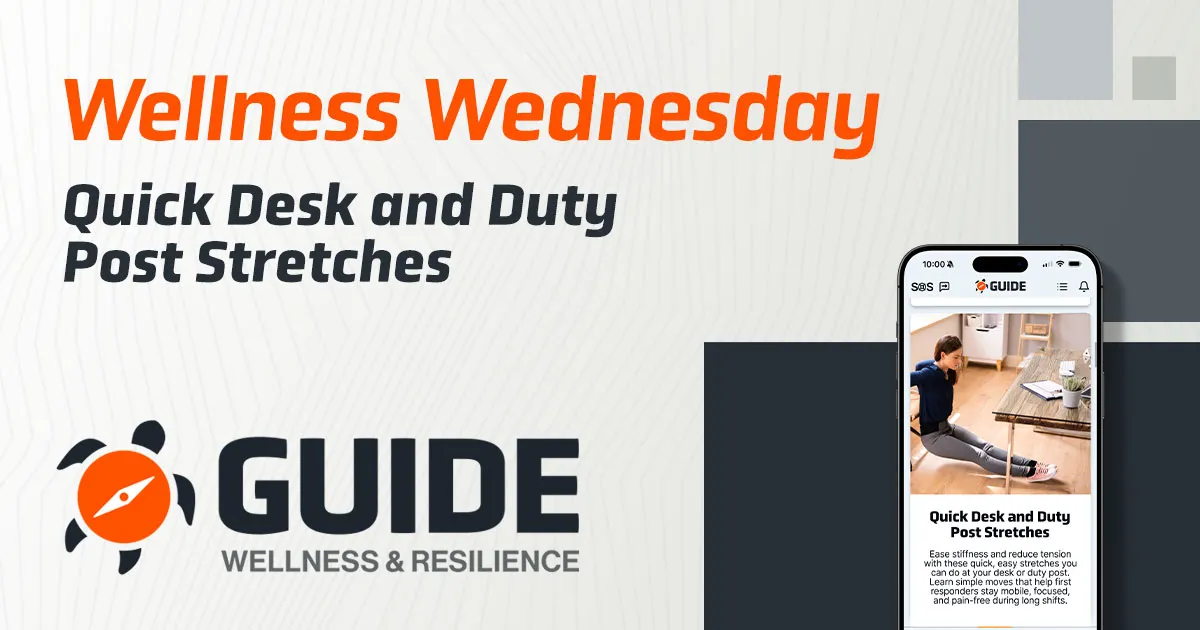In today’s fast-paced world, achieving a balance between work and personal life can feel impossible. With the lines between work and home becoming more blurred, especially with remote work and constant connectivity, maintaining a healthy work-life balance is harder than ever. However, setting and maintaining healthy boundaries is crucial to prevent burnout and protect mental well-being.
In this post, we’ll discuss how to set boundaries at work and in your personal life to create a more balanced, fulfilling lifestyle. You’ll learn practical tips on how to say no, manage your time, and prioritize self-care so you can thrive both professionally and personally.
What Are Healthy Boundaries?
Healthy boundaries are guidelines that allow you to maintain a balance between your responsibilities, personal needs, and mental well-being. These boundaries help you create clear lines between work and personal life, ensuring that both receive the attention they deserve without overwhelming you.
Boundaries protect your mental health, energy, and time. When we set boundaries, we make space for things that matter most to us and can prevent burnout, which often occurs when we overextend ourselves.
The Importance of Setting Boundaries
Setting healthy boundaries is essential for improving mental well-being, fostering better relationships, and enhancing productivity. Without clear boundaries, you may feel overwhelmed, stressed, and overcommitted. This can lead to burnout, which may affect both your professional and personal life.
When you establish boundaries, you can:
- Reduce Stress: Boundaries help manage your time and energy, ensuring that you’re not constantly overworked or overwhelmed.
- Improve Focus: Clear boundaries allow you to focus on tasks more efficiently, leading to better performance at work.
- Enhance Relationships: Boundaries in personal relationships foster respect and prevent conflicts, allowing for healthier interactions.
- Boost Mental Health: Protecting your mental space helps you stay grounded and prevents feelings of resentment or frustration.
Signs You Need Healthier Boundaries
If you’re constantly feeling overwhelmed, exhausted, or unable to keep up with your personal and professional responsibilities, it may be a sign that your boundaries need improvement.
Here are some indicators that suggest you may need to set better boundaries:
- You struggle to say no and often take on more than you can handle.
- You feel guilty when you take time for yourself.
- You’re constantly thinking about work, even during personal time.
- You experience chronic stress or burnout.
- You have difficulty disconnecting from work (e.g., checking emails after hours).
Tips for Setting Healthy Boundaries at Work
- Set Clear Work Hours One of the most effective ways to set work boundaries is by establishing fixed work hours. Whether you work remotely or in an office, make it clear when your workday starts and ends. Avoid checking emails or working outside of these hours.Communicate your availability to your colleagues and supervisors so they respect your work schedule.
- Learn to Say No It’s easy to feel obligated to say yes to every request at work. However, overcommitting can lead to stress and burnout. Practice saying no when you’re already at capacity, and don’t feel guilty about it. Politely decline additional tasks if they don’t align with your priorities or workload.
- Take Regular Breaks Regular breaks throughout the day are essential for maintaining focus and avoiding burnout. Schedule short breaks to step away from your desk, take a walk, or practice mindfulness.Make sure to take a full lunch break, giving your mind and body time to recharge.
- Delegate When Possible Delegating tasks can help lighten your workload and prevent burnout. If you have a team or colleagues who can assist, don’t hesitate to delegate tasks that don’t require your direct attention. This allows you to focus on high-priority tasks.
- Set Boundaries with Technology Technology is a blessing, but it can also blur the line between work and personal life. Set clear boundaries with technology by turning off work notifications after hours and avoiding checking work emails outside your designated work hours.If possible, separate work devices from personal devices to help with this distinction.
Tips for Setting Healthy Boundaries in Personal Life
- Prioritize Self-Care Self-care is not a luxury; it’s a necessity. Make time for activities that nourish your mind, body, and soul. Whether it’s exercise, meditation, reading, or spending time with loved ones, prioritize these moments in your schedule.Remember that saying no to others may mean saying yes to yourself.
- Communicate Your Boundaries Whether it’s with family, friends, or a partner, communication is key to maintaining healthy relationships. Let others know your limits and what you’re comfortable with. It’s okay to ask for space or time alone if you need it.Be honest and clear about your boundaries to avoid misunderstandings.
- Limit Social Obligations Social commitments can quickly pile up, leading to a packed schedule. It’s okay to turn down invitations if you need time to recharge. Be selective about social engagements and prioritize those that bring you joy and relaxation.
- Set Boundaries with Social Media Social media can be a significant source of stress and comparison. Set limits on your social media usage by allocating specific times for checking your accounts. Consider taking a social media detox or limiting your screen time to improve mental well-being.
- Establish Personal Time Set aside time each day or week for personal activities that you enjoy. Whether it’s engaging in a hobby, spending time in nature, or unwinding with a good book, this time allows you to disconnect and focus on yourself.
Maintaining Your Boundaries
Once you’ve set your boundaries, it’s important to stick to them. Boundaries will only be effective if they’re consistently enforced. Here’s how you can maintain them:
- Stay Consistent: Make your boundaries a regular part of your routine. Consistency is key to ensuring they’re respected by others.
- Reevaluate as Needed: Boundaries may need to be adjusted over time based on changes in your life or work situation. Regularly evaluate whether your current boundaries are still serving you well.
- Communicate When They’re Crossed: If someone crosses your boundaries, calmly communicate the issue and remind them of your limits. It’s okay to assert yourself when necessary.
- Practice Self-Compassion: Setting boundaries is a learning process, and it’s normal to experience challenges along the way. Be kind to yourself and acknowledge your efforts.
The Benefits of Setting and Maintaining Healthy Boundaries
Setting and maintaining boundaries can have a profound impact on your overall well-being. Here are some benefits:
- Increased Productivity: When you have clear boundaries, you can focus more on your tasks during work hours, leading to greater productivity.
- Improved Relationships: Boundaries foster respect and communication, which can improve personal and professional relationships.
- Better Mental Health: Boundaries reduce stress and protect your mental health, preventing burnout and emotional exhaustion.
- More Personal Time: By setting boundaries, you’ll have more time for activities you enjoy, which can enhance your overall life satisfaction.
Creating and maintaining healthy boundaries is essential for achieving a balanced work-life experience. Whether it’s saying no to extra work or limiting social obligations, boundaries protect your mental well-being and allow you to thrive in both your professional and personal life. Take the time to evaluate where you need boundaries and start implementing them today for a healthier, happier you.




